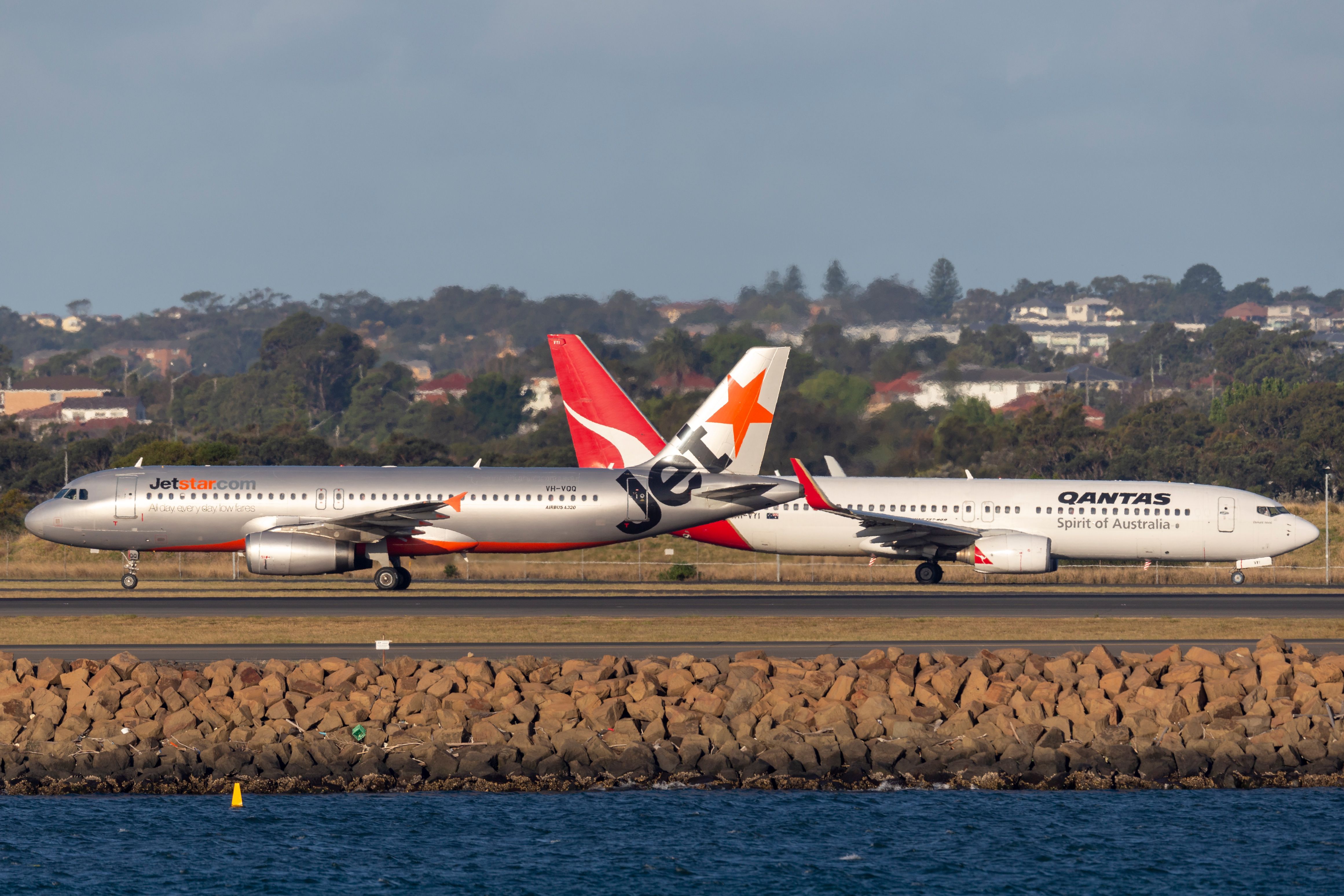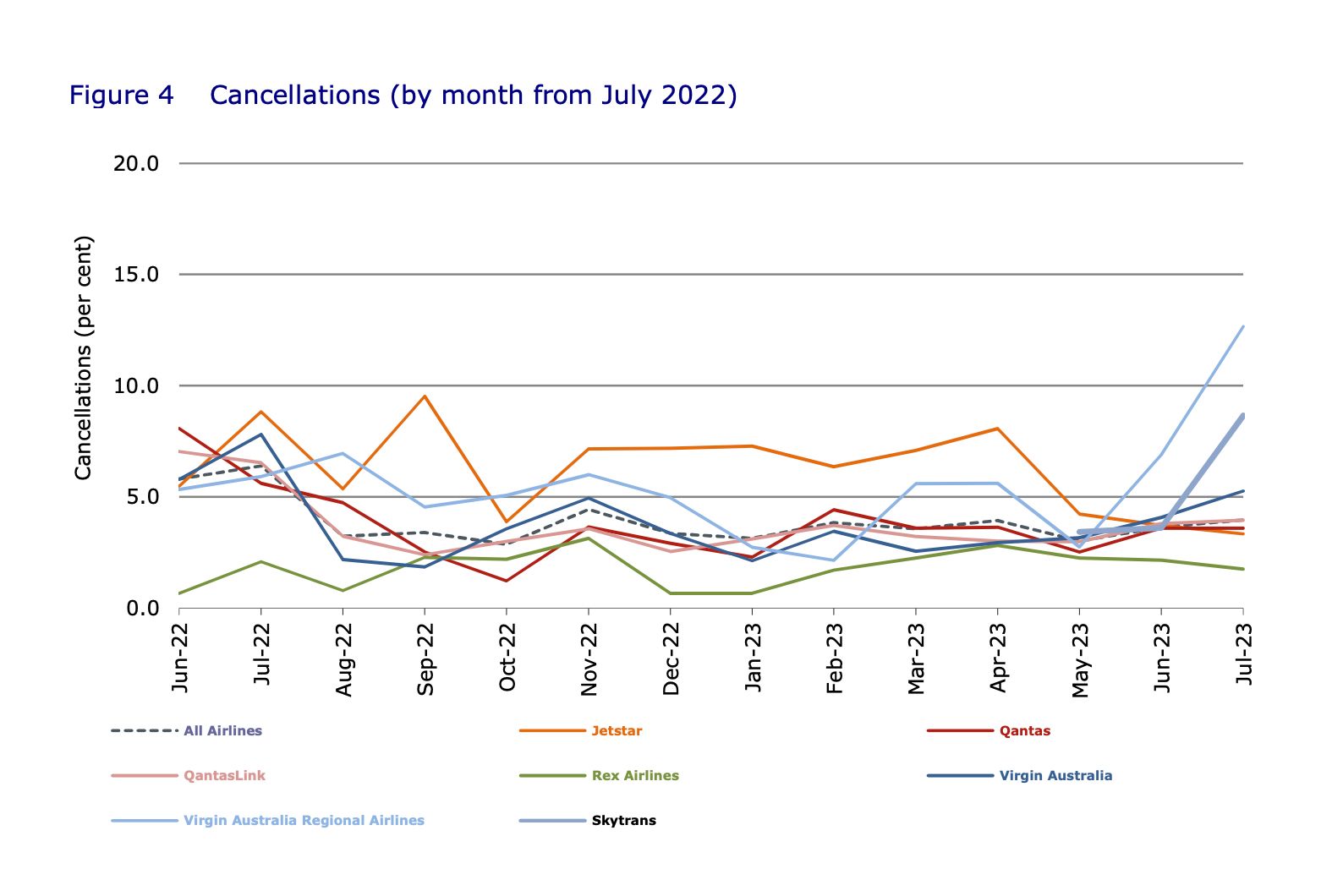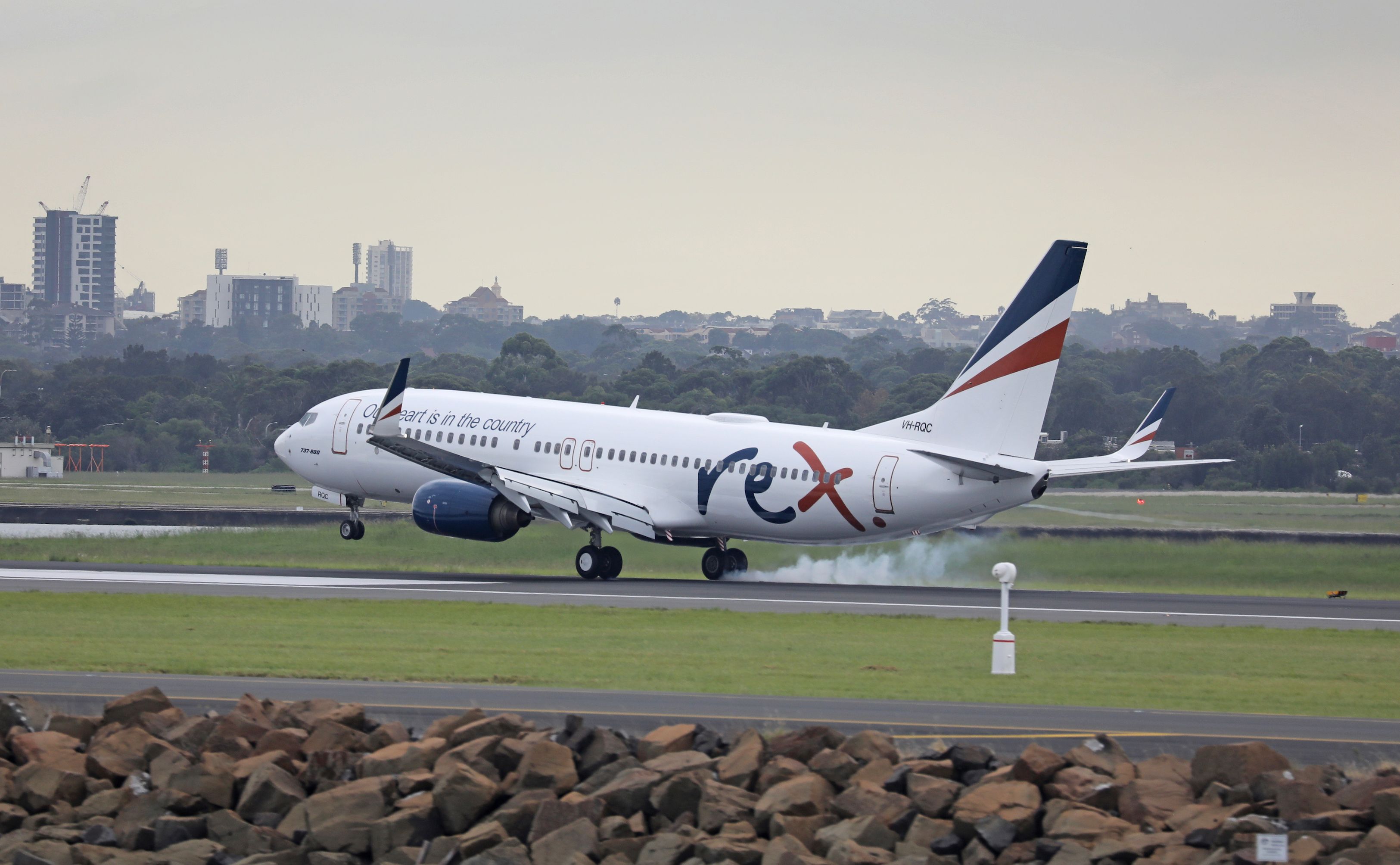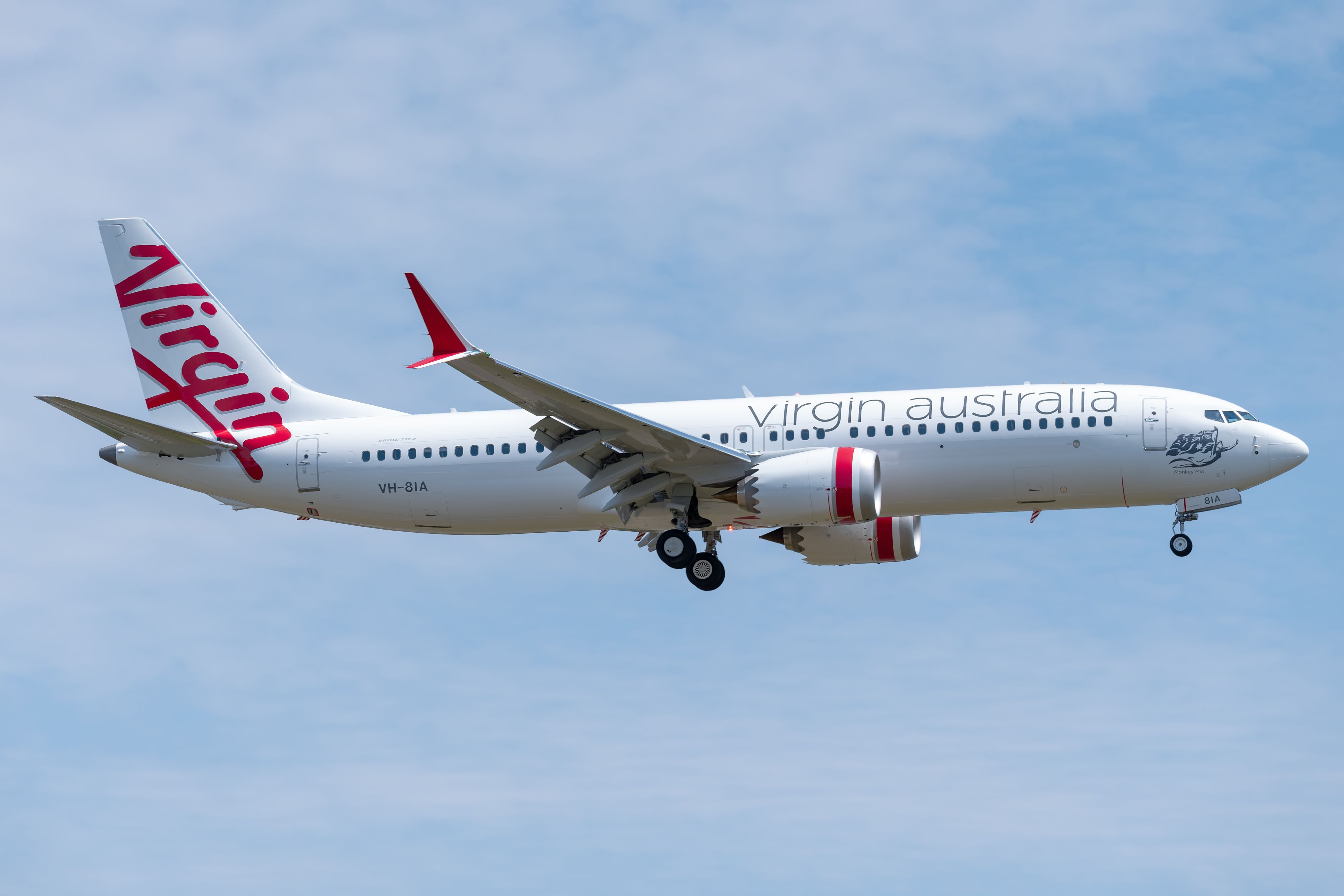Summary
- Rex was the most reliable airline in July, with the highest on-time arrivals and departures and the lowest level of flight cancellations.
- Despite high fares, a significant number of flights in July arrived or departed more than fifteen minutes beyond the scheduled time, and 4% of all flights were canceled, indicating a need for improvement in delivering what the industry promises.
Aviation seems fixated on recovering to 100% of pre-COVID traffic levels, and generally, most of the global industry is on the final stretch of that journey. But what about passenger satisfaction, reliability, on-time performance and delivering a service that matches the exorbitant fares they are charging?
Australia's Bureau of Infrastructure and Transport Research Economics (BITRE) monitors the on-time performance of the nation's domestic airlines, Qantas, Jetstar, Rex, Skytrans and Virgin Australia, and produces a publicly available report for all to see. As one who waits expectantly each month for the report to arrive it is becoming increasingly frustrating to find that the industry is delivering service well below long-term averages.
How the individual airlines are performing
Australia's airlines do a lot of things very well, and all five of these airlines have different levels of complexity to deal with daily. This is why long-term averages for the whole sector can cast a shadow over all operators, and while they all have room to improve some are simply doing better than others, which is why it's important to look at each individually.
In July Rex operated the most on-time arrivals with 74.5%, followed by Skytrans (71.9%), Qantas (71.5%), Jetstar (68.1%) and Virgin Australia (59.2%). For departures, Rex led with 77.4% leaving on time, compared to Qantas (71.2%), Skytrans (69.9%), Jetstar (66.3%) and Virgin Australia at 59%.
For most passengers, the worst disruption of all is when your flight is canceled, which for BITRE means any flight that is canceled or rescheduled less than seven days prior to its scheduled departure time. For some months now Rex has been a clear leader in that category and again in July it recorded the lowest level of cancelations of 1.8%, less than the long-term average of 2.2%. Its nearest rival was Jetstar (3.3%) followed by Qantas (3.8%), Virgin Australia (5.6%) and Skytrans (8.7%).
Rex says it could do better
The statistics were released only a few hours before this article was written but already Rex has released an announcement concerning the July statistics. Good news always travels fast but surprisingly the Rex statement, issued by the airline's Executive Chairman Lim Kim Hai, was apologetic, took full responsibility for inconveniencing passengers and promised to do better in the future. Statements like this are rare so this is what it said:
"All airlines in the world are severely impacted by the aviation industry supply chain dislocation as well as a chronic shortage of crew and engineers. Rex is no different and we are not proud of our current performance. Many of our customers have been inconvenienced and we sincerely apologise for this.
"All I can say is that my entire management team is working relentlessly every single day to minimise disruptions and to fix issues within our control and we will continue this effort till we regain the old benchmarks for which we are well known."
Australian aviation is a ruthlessly competitive business and yet here is the executive chairman of the most reliable airline in Australia apologizing for its performance. His only reference to the competition was to add it was a small consolation to disrupted Rex passengers that their problems "would have been magnified many fold if they flew with our competitors, but that unfortunately is the state of aviation today."
We'd love to see you on Instagram - follow us here!
Is this value for money?
In July the five scheduled 46,555 sectors but managed to operate only 44,710, with more than 14,200 arriving or departing more than fifteen minutes beyond the scheduled time. A domestic Boeing 737-800 carries around 170 passengers so at an average of 140 passengers that's close to 2 million people not getting what they paid for in just one month.
Why is it that despite having a fifteen-minute grace period, only 68% of flights managed to arrive and depart on time in July? One can only imagine what the picture would look like if on time meant the actual scheduled time that customers build their plans around, but it would not be pretty. For the record, the long-term average for arrivals is 81.3% and for departures 82.5%.
The good news for them is that at least they got on a flight, as 1,845 or 4% of all flights were canceled, around double the long-term average of 2.2%. The point of this arithmetic is that behind the percentages are people whose plans are disrupted and the trends are going in the wrong direction, despite airlines charging top dollar for their services.
There are not that many products where you pay upfront for something that's not delivered and then wait weeks to get your money back, apart from dodgy online shopping of course. No one expects radical overnight improvement but it is about time the industry as a whole got better and started delivering what it promises. Surely that's not too much to ask?
Source: BITRE





